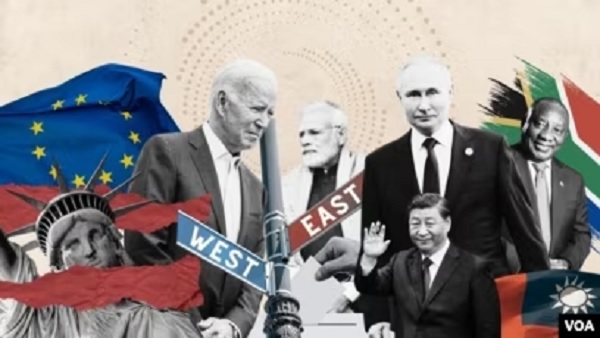
Elections can significantly impact a country's currency. The foreign exchange market, where currencies are bought and sold, is highly sensitive to political events, including elections. Here are some ways in which elections can influence a country's currency:
Political Stability and Confidence:
Elections can determine the political landscape of a country. A stable political environment often boosts investor confidence, leading to a stronger currency. Conversely, uncertainty or political instability may lead to a weaker currency as investors seek safer assets.
Economic Policies:
Election outcomes can influence economic policies. The promises and policies of political candidates regarding issues like fiscal spending, taxation, and monetary policy can impact economic conditions and, consequently, the currency.
Market Expectations:
Currency values are influenced by market expectations. If election results align with market expectations, there may be minimal impact. However, surprises or unexpected outcomes can lead to volatility in the currency markets.
Interest Rates:
Political changes can influence central bank decisions on interest rates. If a new government is expected to pursue different economic policies, it may impact interest rates, affecting the attractiveness of a currency to investors.
Trade Policies:
Election outcomes can shape a country's trade policies. Changes in leadership may result in shifts in trade agreements, tariffs, or international relations, affecting a nation's trade balance and, consequently, its currency.
Investor Sentiment:
Investor sentiment plays a crucial role in currency valuation. Political events, especially elections, can trigger changes in sentiment. A positive outlook on a country's political stability and economic policies can attract foreign investment, strengthening the currency.
Policy Certainty:
Investors generally prefer policy certainty. Elections that result in a clear mandate and consistent policy direction often have a positive impact on the currency. Uncertain or contested election results can lead to currency depreciation.
Debt and Fiscal Policies:
Election outcomes may influence a government's approach to managing fiscal policies and public debt. Investors closely watch how a new government plans to address economic challenges, as this can impact the country's creditworthiness and, consequently, the currency.
Global Risk Perception:
Elections can contribute to changes in global risk perception. Political uncertainty in one country may lead to a broader increase in risk aversion among investors, affecting currency values globally.
It's important to note that the impact of elections on a country's currency can vary based on the specifics of each election, the economic context, and global factors. Traders and investors closely monitor political developments, and currency markets often experience heightened volatility during election periods.